Leah Rachel von Essen reviews genre-bending fiction for Booklist, and writes regularly as a senior contributor at Book Riot. Her blog While Reading and Walking has over 10,000 dedicated followers over several social media outlets, including Instagram. She writes passionately about books in translation, chronic illness and bias in healthcare, queer books, twisty SFF, and magical realism and folklore. She was one of a select few bookstagrammers named to NewCity’s Chicago Lit50 in 2022. She is an avid traveler, a passionate fan of women’s basketball and soccer, and a lifelong learner. Twitter: @reading_while
I admit it: I’m a doom-scroller. I want to know where we’re at, what battles I need to be concerned about today, but ultimately I look up and realize it’s an hour into the day and all I’ve done is mire myself in the worst updates of what’s happening around the world.
And half of those updates, believe it or not, are from optimists. Because as our world falls apart around us, some of the people driving me the most up a wall are the ones insisting that everything will simply be fine. All on its own. Without them needing to change, or push, at all.
Hope in the Dark: Untold Histories, Wild Possibilities by Rebecca Solnit
Optimists, pessimists—to Rebecca Solnit, they’re both passive players. One shrugs and says, “We’re doomed,” in the face of the failing climate; the other shrugs and says, “It’ll work out.” Neither moves. In her modern classic, Hope in the Dark: Untold Histories, Wild Possibilities, she analyzes what has worked historically in fights for peace, for change, and for better. She cuts through pessimism and optimism to offer a different way to think about hope: as a force that encourages us to act.
Solnit writes: “Hope is not like a lottery ticket you can sit on the sofa and clutch. Hope is an axe you break down doors with in an emergency; because hope should shove you out the door, because it will take everything you have to steer the future away from endless war, from the annihilation of the earth’s treasures and the grinding down of the poor and marginal. Hope just means another world might be possible, not promised, not guaranteed.”
Hope in the Dark is a guidebook for how to frame the way we fight. How to think about hope, and how to think about the day-to-day approach to fighting back, with hope that we will succeed, with hope for a world that will work. As I read more and more about activism, from prison abolition to the need to save our climate, I think back again, again, and again to Solnit and the way she defines hope, as a tool to be honed and sharpened, as an ally to take with us into battle.
True Story
Sign up for True Story to receive nonfiction news, new releases, and must-read forthcoming titles.



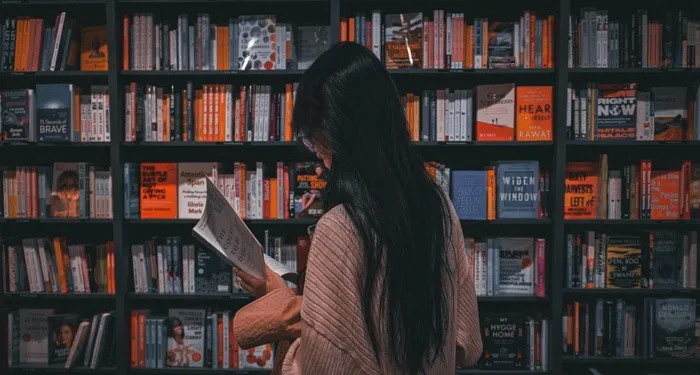

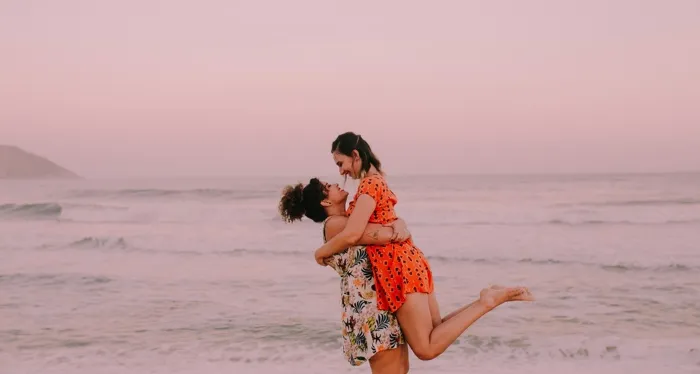


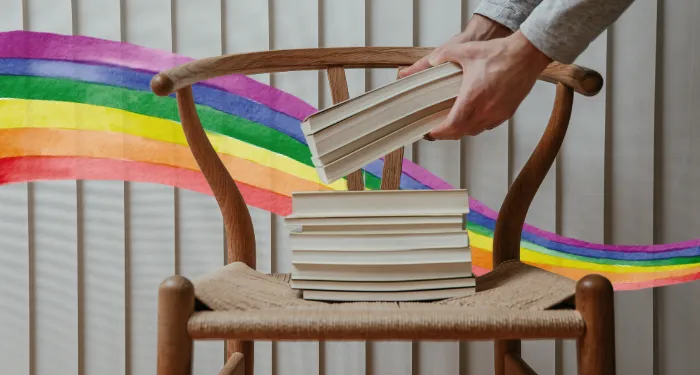






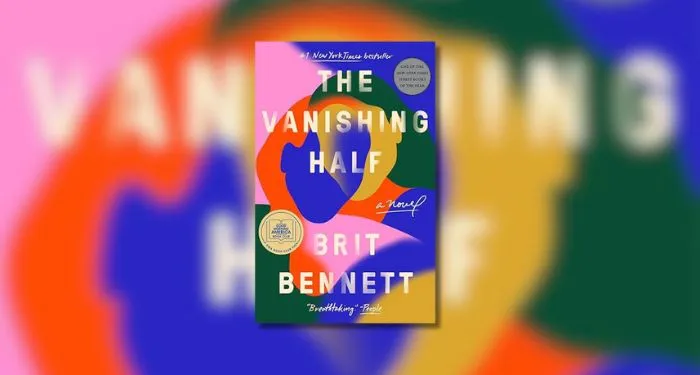



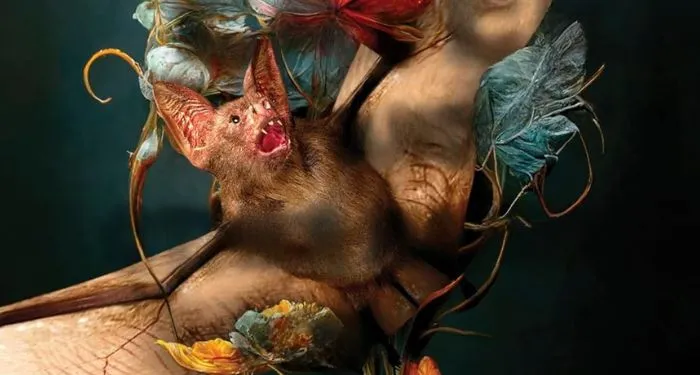
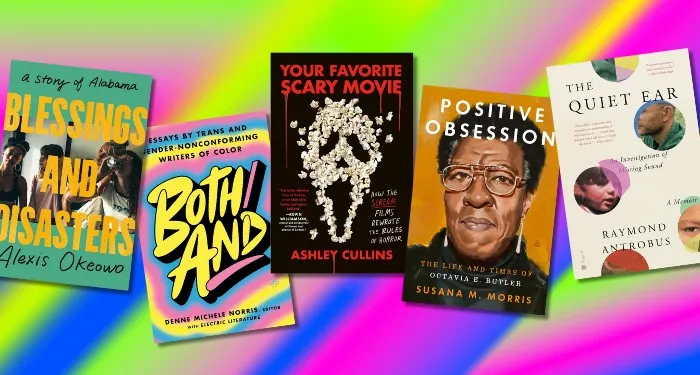
 English (US) ·
English (US) ·